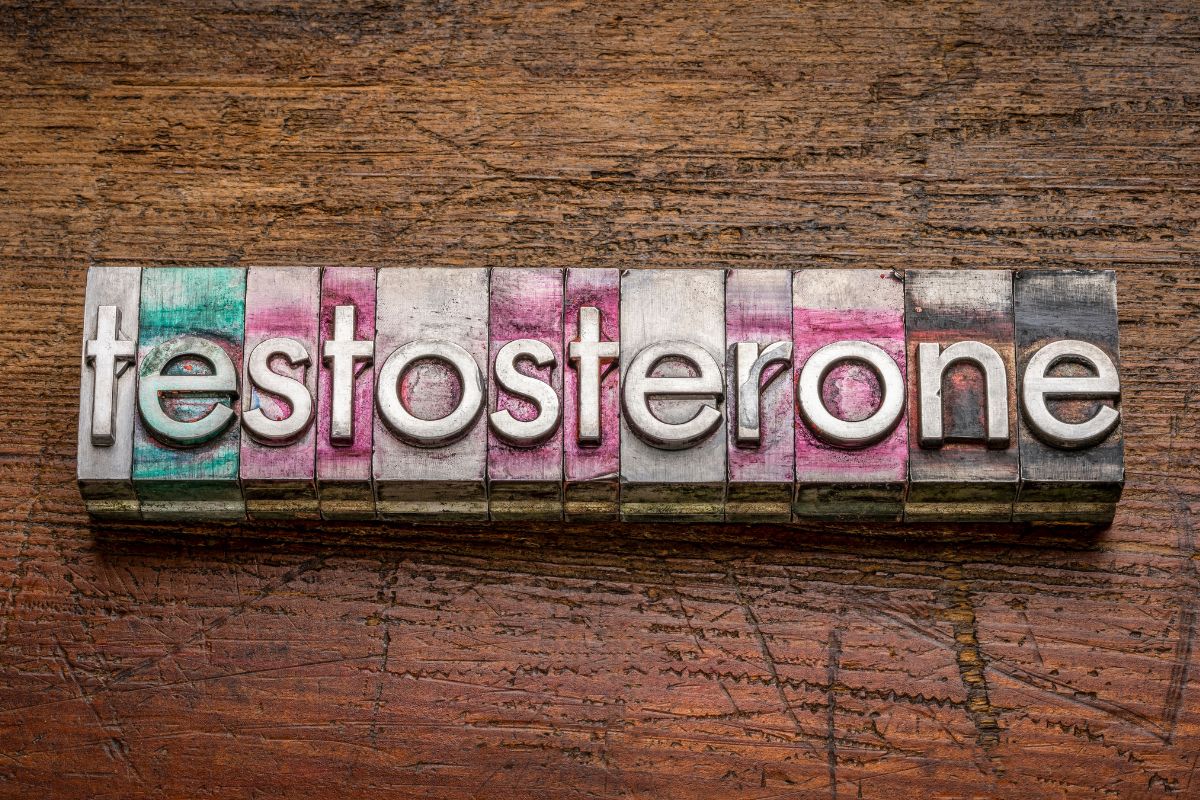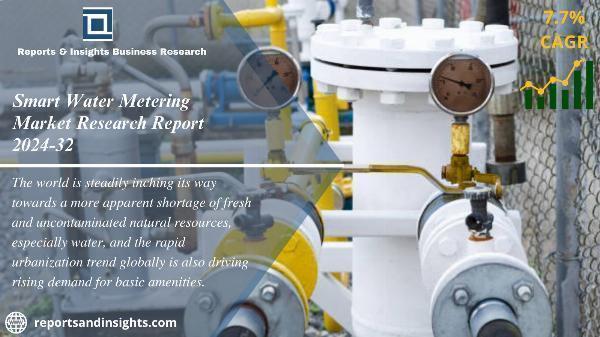Testosterone plays a fundamental role in male health. It's responsible for regulating muscle mass, strength, libido, mood, and even fat distribution. While levels naturally decline with age, certain lifestyle and nutritional choices can influence this hormonal balance. Among the most impactful nutrients in this regard are zinc and vitamin D. These two micronutrients are often overlooked, but their connection to testosterone production is supported by both science and anecdotal evidence as seen in best natural testosterone boosters for Canadian men.
Understanding how zinc and vitamin D contribute to hormonal health is essential, especially for those aiming to improve vitality, performance, or fertility through natural means. This article explores the mechanisms through which zinc and vitamin D influence testosterone levels, the signs of deficiency, and how incorporating them into your routine can act as a natural testosterone booster.
Zinc: The Trace Mineral With Big Impact
Zinc is a vital trace mineral involved in over 300 enzymatic reactions in the body. It's especially important in the production of luteinizing hormone (LH) — a hormone that signals the testes to produce testosterone. Without enough LH, testosterone synthesis declines, affecting everything from reproductive health to physical performance.
How Zinc Supports Testosterone
The link between zinc and testosterone lies in its role in endocrine signaling. When zinc levels are adequate, the hypothalamus and pituitary gland can function optimally, allowing the body to maintain a balanced hormonal environment. Research has shown that zinc deficiency can lead to hypogonadism, a condition where the body fails to produce enough testosterone.
Moreover, zinc plays a part in inhibiting the aromatase enzyme, which converts testosterone into estrogen. High estrogen levels in men can contribute to fatigue, loss of muscle mass, and low libido. Ensuring zinc sufficiency helps maintain a favorable testosterone-to-estrogen ratio.
Signs of Zinc Deficiency
Decreased libidoLoss of strength or enduranceSlow wound healingPoor immune functionHair thinningThese signs may also overlap with symptoms of low testosterone, making zinc status especially important for hormonal evaluation.
Vitamin D: The Sunshine Hormone
While typically classified as a vitamin, vitamin D functions more like a hormone in the body. It’s synthesized in the skin upon exposure to sunlight and is vital for calcium absorption, bone health, and immune regulation. But beyond these well-known roles, vitamin D also significantly affects testicular function and testosterone synthesis.
Vitamin D and Testosterone Production
Vitamin D receptors (VDR) are present in the Leydig cells of the testes — the very cells responsible for producing testosterone. When vitamin D binds to these receptors, it helps stimulate testosterone production directly at the cellular level.
Additionally, vitamin D influences the hypothalamic-pituitary-gonadal (HPG) axis, which regulates the entire hormonal system involved in testosterone secretion. Higher vitamin D levels have been correlated with higher levels of free testosterone, the biologically active form of the hormone.
Common Causes of Vitamin D Deficiency
Modern lifestyles often limit our exposure to sunlight. Between long indoor hours, sunscreen use, and geographic factors, many people have suboptimal vitamin D levels — especially in colder climates or during the winter months.
Other risk factors include:
Darker skin tone (melanin reduces vitamin D synthesis)Obesity (vitamin D gets stored in fat tissues)Aging (older skin synthesizes less vitamin D)Natural Boosting vs. Supplementation
Getting zinc and vitamin D through food and lifestyle choices is ideal, but deficiencies are common, and sometimes supplementation becomes necessary.
Best Dietary Sources of Zinc:
Oysters (the richest natural source)Red meat and poultryPumpkin seedsChickpeasCashewsBest Dietary Sources of Vitamin D:
Fatty fish (salmon, mackerel, sardines)Egg yolksBeef liverFortified dairy and cerealsWhile diet is foundational, some individuals may require zinc or vitamin D supplements to correct deficiencies and optimize testosterone levels, especially if they have absorption issues or dietary restrictions.
Can Zinc and Vitamin D Replace Testosterone Boosters?
This question often arises in the context of “natural testosterone boosting.” Many over-the-counter testosterone boosters contain zinc and vitamin D because of their established benefits. However, relying on these alone to treat cliniczlly low testosterone may not always be sufficient — especially if hormone levels are significantly depleted.
That said, for mild declines or age-related hormonal shifts, correcting deficiencies in zinc and vitamin D can act as a powerful natural alternative to synthetic testosterone therapy. Unlike hormone replacement therapy (HRT), which involves administering synthetic testosterone, zinc and vitamin D encourage your body to produce more testosterone naturally, respecting the body's biological rhythm.
Realistic Expectations and Hormonal Balance
While it’s tempting to expect dramatic results from any supplement or dietary change, the process of restoring hormonal balance is gradual. Optimizing levels of zinc and vitamin D can yield benefits such as:
Improved energy and focusBetter sleep qualityEnhanced libido and moodIncreased muscle tone and recoveryHowever, these improvements are typically noticed over weeks, not days. Hormonal balance is a delicate system — and rushing results with mega-doses or combining too many supplements may backfire.
It's also important to note that testosterone doesn't operate in a vacuum. The endocrine system involves a symphony of hormones, including cortisol, estrogen, insulin, and more. Zinc and vitamin D play supporting roles in maintaining overall hormonal harmony, not just boosting testosterone in isolation.
A Strategic Approach to Hormonal Health
If you're looking to enhance your testosterone levels naturally, start with these three pillars:
Test for Deficiencies: Blood tests for serum zinc and 25(OH) vitamin D levels can identify if you’re deficient and to what degree.Optimize Diet and Sun Exposure: Prioritize whole-food sources of nutrients and spend 15–30 minutes in the sun regularly (if possible).Smart Supplementation: If needed, supplement with moderate doses of zinc (15–30mg/day) and vitamin D3 (1000–5000 IU/day) — but always under guidance to avoid toxicity.Conclusion
Zinc and vitamin D are more than just nutritional side notes — they are essential regulators of testosterone production and overall hormonal function. Whether you're a man in your 20s looking to gain muscle, or someone in their 40s or 50s aiming to restore vitality, these two nutrients can make a significant difference.
While they're not magic pills, they provide a solid foundation for natural hormonal support — especially when combined with smart training, quality sleep, and a balanced lifestyle. If you're considering testosterone boosters, ensure they contain clinically relevant levels of zinc and vitamin D, and approach supplementation with knowledge, patience, and consistency.







This article effectively highlights the crucial role of Zinc and Vitamin D in fostering natural Testosterone enhancement, emphasizing their importance for optimal male hormonal balance.
Addressing the critical role of zinc and vitamin D in naturally boosting testosterone levels, this article provides insightful information that is vital for individuals seeking to enhance their hormonal balance holistically.
The intricate relationship between Zn and Vitamin D in naturally boosting Testosterone levels, as discussed in ' The Role of Zinc & Vitamins' is a crucial insight for individuals seeking to enhance their hormonal health holistically.
This research suggests that optimizing zinc and vitamin D levels has a significant role in naturally boosting testosterone, making it an attractive natural approach for individuals seeking to enhance their hormonal balance.
This article effectively highlights the crucial role of zinc and vitamin D in naturally boosting testosterone levels, providing valuable insights for individuals seeking to optimize their hormonal health.
The integration of the role that zinc and vitamin D play in naturally boosting testosterone levels supports a holistic approach to optimizing male hormone balance.
Studying the role of zinc and vitamin D in naturally boosting testosterone levels provides valuable insights for individuals seeking to enhance their hormonal balance without relying on synthetic interventions.
The Role of Zinc and Vitamin D in Boosting Testosterone Naturally: A comprehensive yet concise study that highlights the little-known link between these essential nutrients, their direct impact on testosterone production mechanisms beyond conventional wisdoms.
The comprehensive exploration into the role of zinc and vitamin D in naturally enhancing testosterone levels elucidates a promising yet science-backed approach for attaining optimal hormonal balance, making it an essential read.
This article delves into the intricate relationship between zinc and vitamin D in naturally boosting testosterone levels, providing valuable insights for men seeking to enhance their hormonal balance.
The Role of Zinc and Vitamin D in Naturally Boosting Testosterone: A comprehensive analysis demonstrating the crucial linkage between these nutrients, their impacts on hormonal balance & suggested recommendations for a healthier lifestyle.
This article effectively explores the pivotal role of zinc and vitamin D in naturally boosting testosterone levels, providing valuable insights for individuals seeking to optimize their hormonal health through dietary supplementation.














